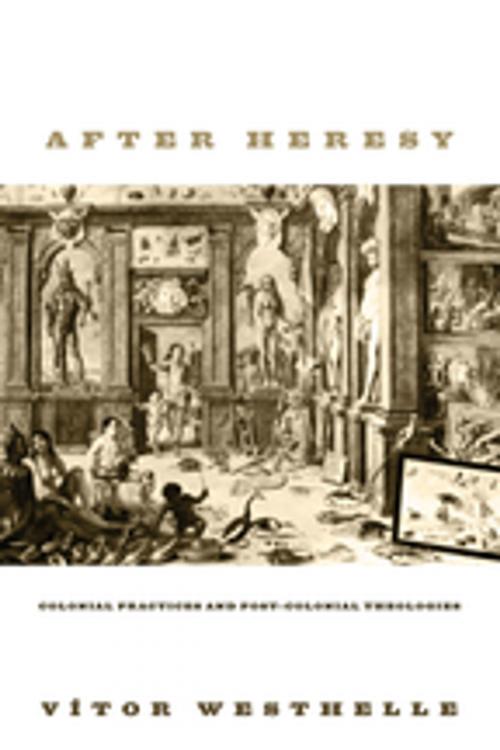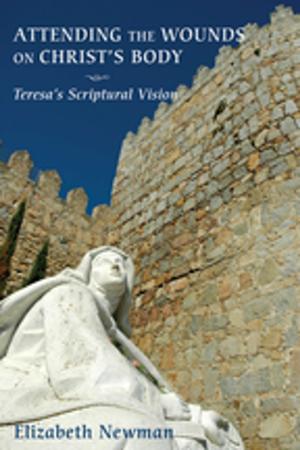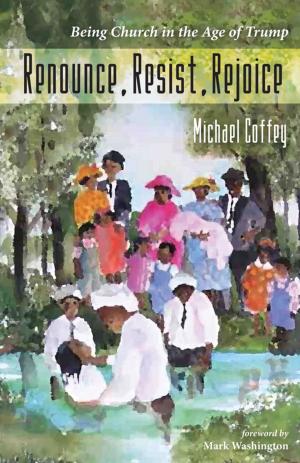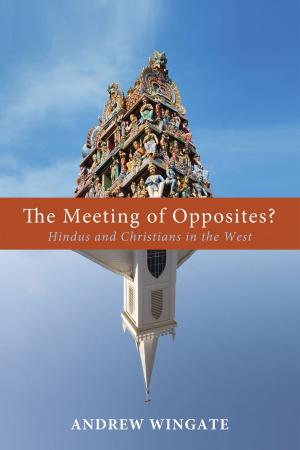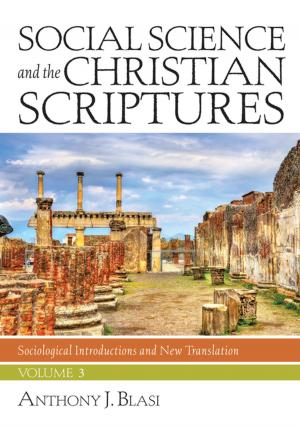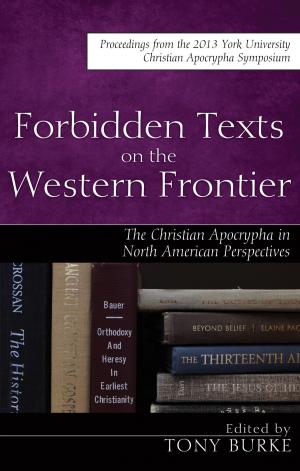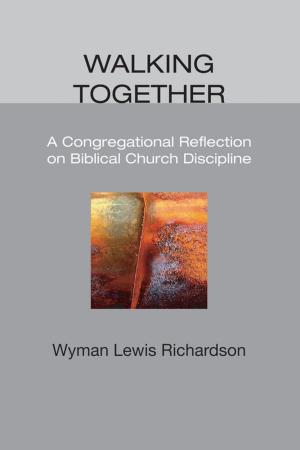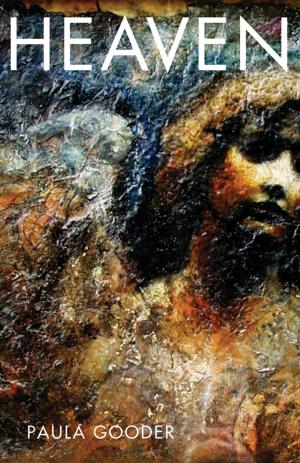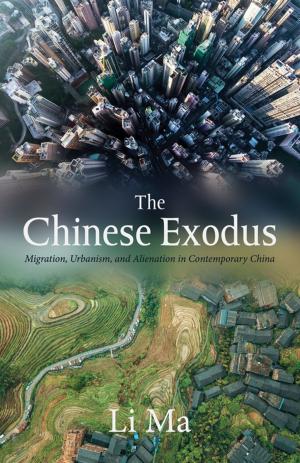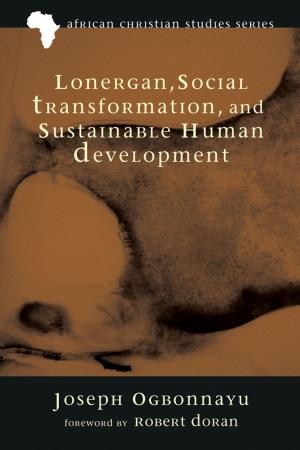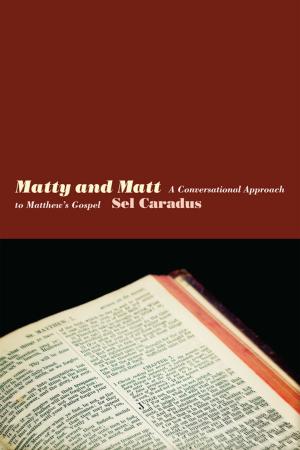| Author: | Vítor Westhelle | ISBN: | 9781621890454 |
| Publisher: | Wipf and Stock Publishers | Publication: | March 1, 2010 |
| Imprint: | Cascade Books | Language: | English |
| Author: | Vítor Westhelle |
| ISBN: | 9781621890454 |
| Publisher: | Wipf and Stock Publishers |
| Publication: | March 1, 2010 |
| Imprint: | Cascade Books |
| Language: | English |
In this important contribution to post-colonial theological studies, the argument is made that religious practices and teachings imposed on colonized peoples are transmuted in the process of colonization. The very theological discourse that is foisted on the colonized people becomes for them, a liberating possibility through a process of theological transformation from within. This is offered as an explanation of the mechanisms which have brought about the emergence of the current post-colonial consciousness. However, what is distinctive and unique about this treatment is that it pursues these questions with two basic assumptions. The first is that the religious expressions of colonized people bear the outward marks of the hegemonic theological discourse imposed on them, but change its content through a process called transfiguration. The second is that the crises of Western Christianity since the Reformation and the Conquest of the Americas enunciates the very process through which post-colonial religious hybridity is made possible. This book unfolds in three parts. The first (the pre-text) deals with the colonial practice of the missionary enterprise using Latin America as a case study. The second (the text) presents the crisis of Western modernity as interpreted by insiders and outsiders of the modern project. The third (the con-text) analyses some discursive post-colonial practices that are theologically grounded even when used in discourses that are not religious. Some of the questions that this project engages are: Is there a post-colonial understanding of sin and evil? How can we understand eschatology in post-colonial terms? What does it mean to be the church in a post-colonial framework? For those interested in the intersection of theology and post-colonial studies, this book will be important reading.
In this important contribution to post-colonial theological studies, the argument is made that religious practices and teachings imposed on colonized peoples are transmuted in the process of colonization. The very theological discourse that is foisted on the colonized people becomes for them, a liberating possibility through a process of theological transformation from within. This is offered as an explanation of the mechanisms which have brought about the emergence of the current post-colonial consciousness. However, what is distinctive and unique about this treatment is that it pursues these questions with two basic assumptions. The first is that the religious expressions of colonized people bear the outward marks of the hegemonic theological discourse imposed on them, but change its content through a process called transfiguration. The second is that the crises of Western Christianity since the Reformation and the Conquest of the Americas enunciates the very process through which post-colonial religious hybridity is made possible. This book unfolds in three parts. The first (the pre-text) deals with the colonial practice of the missionary enterprise using Latin America as a case study. The second (the text) presents the crisis of Western modernity as interpreted by insiders and outsiders of the modern project. The third (the con-text) analyses some discursive post-colonial practices that are theologically grounded even when used in discourses that are not religious. Some of the questions that this project engages are: Is there a post-colonial understanding of sin and evil? How can we understand eschatology in post-colonial terms? What does it mean to be the church in a post-colonial framework? For those interested in the intersection of theology and post-colonial studies, this book will be important reading.
